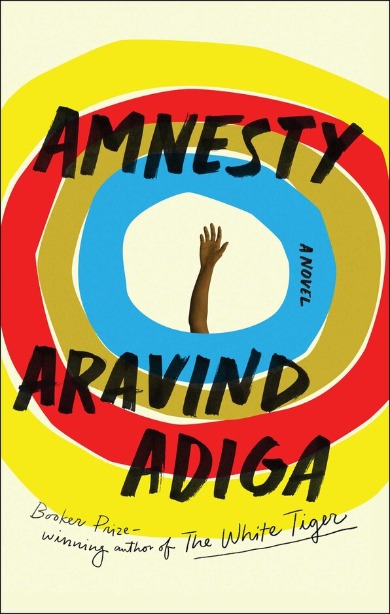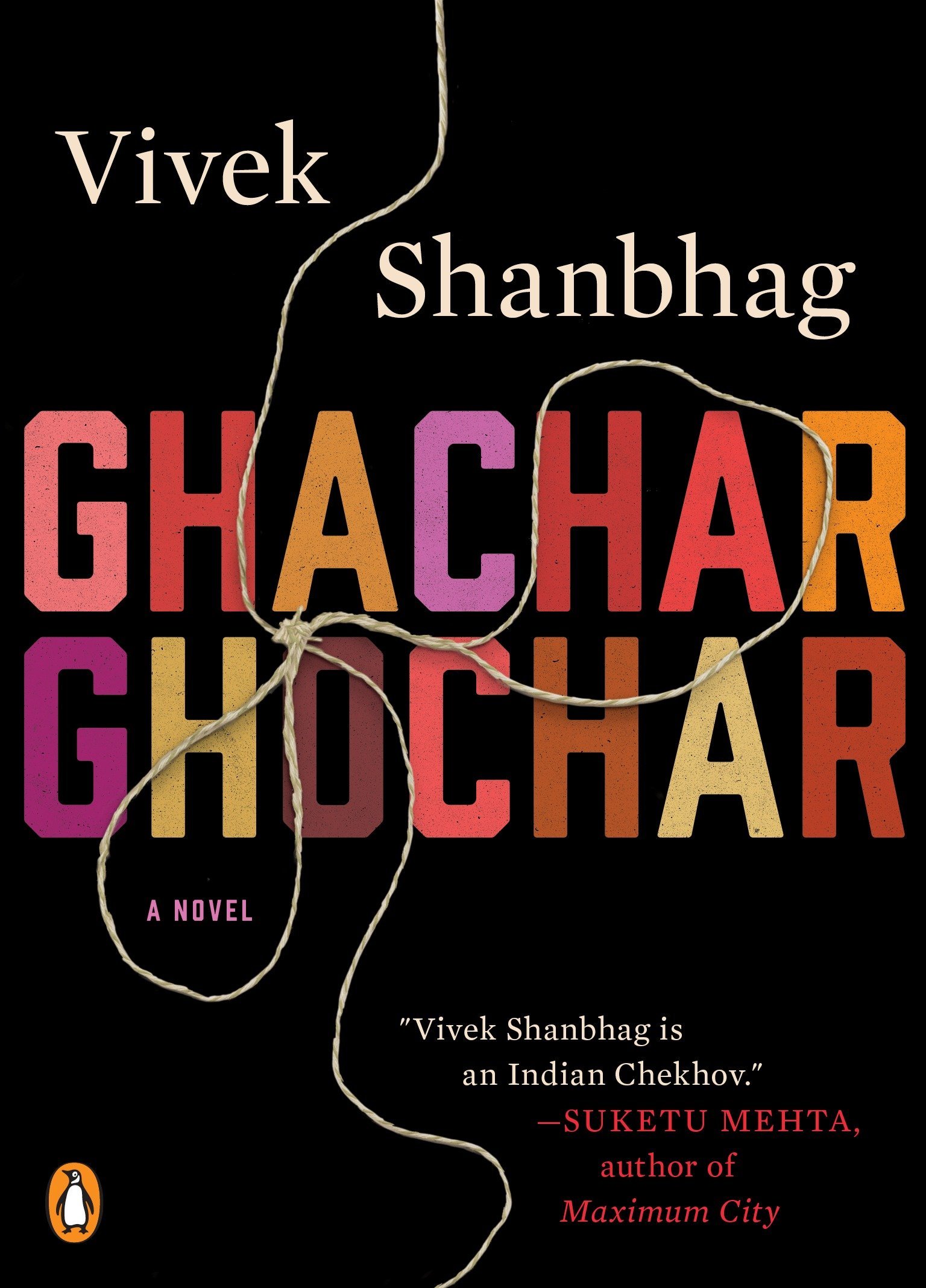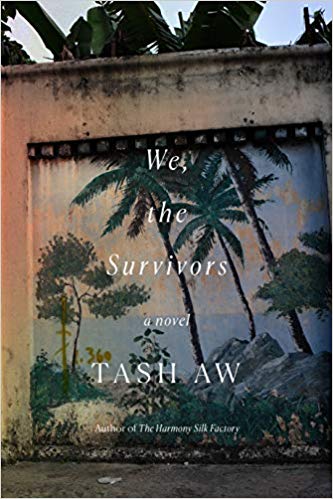Track Changes, Sayed Kashua, Grove Press, 2020, pp. 231, ISBN 978-0-8021-4789-9
It is hard not to fall in love with Kashua’s prose. It could be that the reader is drawn in through brutal honesty by which Kashua reveals himself through the narrative of the characters and the world he conjures up. Exploring the ideas of identity and belonging, guilt and shame, Kashua attempts to bare the Palestinian experience to the Israelis, as well as the experience of an Israeli Palestinian to Palestinians under occupation. From this limbo arises an inconvenient situation which Kashua’s novels and screenplays explore.
Track Changes is perhaps his most autobiographical novel yet which, readers familiar with his life will notice, straddles his actual life path. The story is told in the first-person narrative and follows a ghostwriter, Saeed, who is exiled from his home and rejected by his parents and his community due to the shame he brought upon them. However, the plot thickens in reverse, with the writer retracing the steps that led him to his exile in Illinois and his unstable and ostensibly loveless marriage.
With a call from his dying father, Saeed decides to return to Israel where we learn that he used to work at a newspaper as an editor, and a ghostwriter for hire mostly penning memoirs of Israeli Jews who participated in the war of independence. He collects memories of a Palmach militia fighter, who tells the stories of heroism in the face of Arab banditry. Incidentally, it was the same Palmach militia that committed a massacre in an Arab village of Ein al Zeitoun on May 1, 1948, in which according to a recollection told to an Israeli historian Benny Morris by Netiva Ben-Yehuda, between 30 and 70 Arab prisoners were murdered and buried in a mass grave. Saeed, an Arab, accepts and duly notes the memories that wipe out his entire heritage, much like the narrative that surrounds the events of 1948. Like history, this story is forced on Saeed. The forcible power of that narrative and its ability to coerce and impose itself over others is acutely felt in an instance in which an Arab sanitation worker in Jaffa recounts his story and obliges Saeed to write “how good it was when the Jews came, how everything got so much better, praise be to God…and how much easier everything became, with running water and electricity…write how well I was treated,” and heartrendingly, the Arab worker forces Saeed to write that “in ’48 the Arabs conspired against the Jews and that their leaders asked that they step out for two days.” Saeed is urged to “write what they want to hear.” Both are conscious of their identity and how it jibes and conflicts with the one being imposed on them, and yet, they must accept it.
At other times Saeed lends his memories to the people whose memoirs he writes. The only way Saeed’s voice can surface and become public is through the other person, an authentic Israeli pioneer. Saeed’s experience as a Palestinian is thus filtered through a narrative that plays with truth, memory and power.
Saeed’s precarious position as an Arab in Israel is acutely felt when Israeli teenagers are kidnapped and later found dead, which ultimately becomes the cause of his move to Illinois. In the intervening period between the kidnapping and their death, Saeed experiences the consequences of his Arab identity in his office, with the secretary spitting every time he enters his office and with his inability to alter the anti-Arab invective which he is forced to publish. The marginalized position of the Palestinians in Israel is thus laid bare to the reader, who understands that their presence is tolerated until someone is harmed, which subsequently leads to their collective guilt. The collective guilt is placed on Saeed, who although a citizen of Israel, is associated with the Other, with the Palestinians on the other side.
While he does not quite belong in Israel, the story reveals his fraught relationship with Palestine, the country, by way of his marriage to a woman named Palestine. His exile and rejection by the community began when he, as a university student, wrote a short story in which he invented a woman named Palestine. In the story itself, a high school student from Tira meets with Palestine on the roof of his school and they have sex under an Israel flag on Independence Day. As it turns out, the fictionalized character in the story is mistaken for an actual woman in Tira named Palestine and the two are promptly forced to marry. The poignant juxtaposition of Palestine imagined in his mind’s eye, full in her glory and beauty, and Palestine whom he marries and who weeps on their wedding day represents the difference between Palestine the ideal and Palestine the reality. This discrepancy is also felt in the reminiscences of his birthplace and the actual socio-economic reality he witnesses upon his return, with little change and high unemployment.
The very name of the woman is at once personal and political. Palestine is distant from Saeed. When together in Illinois, they live in two separate houses. This reveals Kashua’s genius in which he successfully portrays the divided identity of a Palestinian. Saeed lives in a grad dorm, a normally temporary dwelling; an in-between accommodation that bridges the life of a student with a career. Palestine is somewhere else. He years for her love and her approval, and when he attempts to tell her that cannot. He has to suppress his love for her. A Palestinian in Israel or an Israel Palestinian, or is it rather an Arab Israeli?
Another recurring theme in the novel is snow. It always snows in Illinois, which causes Saeed great anxiety, but also provides an excellent metaphor for his relationship with Palestine, both the woman and the country. The relationship with his children, some of whom cannot even speak Arabic, and with who he communicates in English offers a melancholy comment on the Palestinian living in the diaspora. They are twice exiled, not quite Israeli enough in Israel, and not quite American in America, which confuses their longing. He ridicules American mores and empty landscapes, and while there continually thinks of his home, of Tira.
Kashua’s melancholy authenticity presents a powerful commentary on the Palestinian experience, both in Israel and abroad. He continues to amaze with his brilliance as a writer.




